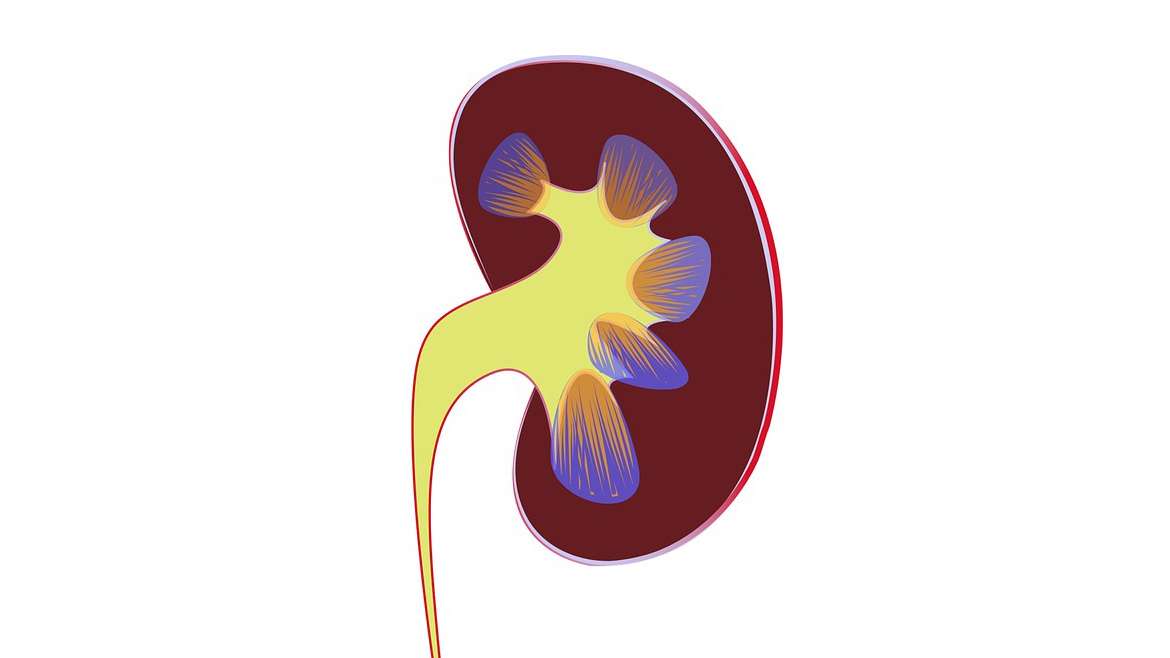A urinary tract infection or UTI is quite a common condition. However, it can be very uncomfortable, painful, and dangerous if left untreated. This infection occurs in the urinary system, which includes:
- the kidneys (which filter the blood to produce urine)
- the ureters (the tubes that carry urine from the kidneys to the bladder)
- the bladder (which stores urine)
- and the urethra (the tube that carries urine from the bladder to the outside)
What causes urinary tract infection?
A urinary tract infection (UTI) is caused by Escherichia Coli (E. Coli), a bacteria living in the intestinal system that enters the urinary tract. If untreated, the bacteria could spread to the bladder and urethra, and to the kidneys.
When a kidney infection has developed, its function may be compromised, increasing the risk of kidney failure. This can be lethal especially for people who are already suffering from kidney-related conditions.
Common urinary tract infections (UTIs) symptoms
These are the usual tell-tale symptoms of a UTI for both men and women:
- pain or burning when urinating
- frequent need to urinate
- urgent need to urinate
- blood in the urine
- discomfort in the lower abdomen
- pain in the lower abdomen after urinating
Why do I keep getting urinary tract infections?
Some women get recurring UTIs. Since it is caused by E. Coli, it is often transported from the intestinal system to the urinary tract via the rectum. This is why women are advised to wipe from the front to back, not the other way around. If this practice is not observed as often as needed, there is a chance that a UTI will recur.
Men, on the other hand, are more likely to get frequent UTIs when they have an enlarged prostate. When it is enlarged, the bladder finds it difficult to empty itself completely. This paves the way for bacteria to grow and spread, causing an infection.
Sexually active individuals are also more prone to UTI. Intercourse may increase the number of bacteria in the bladder, allowing infection to occur. The use of spermicides as a birth control method may also be a risk factor. Since this product kills off Lactobacilli, which is a good bacteria, it makes it easier for E.Coli to enter and thrive in the urinary system.
Menopause also plays a huge role in the recurrence of a urinary tract infection. With age, the number of Lactobacilli in a woman’s vagina will decrease naturally. Also, bladder control declines in elderly women, making it more difficult for them to completely empty during urination.
Another risk factor is hereditary, whether an individual is premenopausal or postmenopausal. If you have an immediate family member who gets frequent urinary tract infections, then you are at a higher risk of getting it as well.
A weak immune system can also be a reason for infections to occur more frequently. This medical condition is also a common complication in patients with spinal cord injury.
How to prevent UTIs?
According to the National Institute of Diabetes and Digestive and Kidney Diseases (NIDDK), a person’s age, health conditions, and habits can increase the likelihood of urinary tract infections. You can take these steps to reduce the risk of UTIs:
- Drink plenty of fluids (at least three to four glasses of water each day) to help flush bacteria out of the urinary tract. Water and natural fruit juices are highly recommended.
- Practice good personal hygiene. Wash the genital area with water and a gentle soap or wash. Always wipe from front to back after urinating or defecating. For uncircumcised men, it is important to carefully wash the area under the foreskin as this is a common breeding ground for bacteria.
- Empty your bladder completely as soon as you feel the urge, or at least every three hours. Holding it in will most likely result in an infection.
- Empty your bladder before and soon after sexual intercourse. Also, wash your private area and drink a glass of water to help replenish lost fluids in the body. Do not reuse condoms and remove them immediately after sex.
- Get plenty of vitamin C. This makes the urine acidic and helps keep bacteria down. According to the National Institutes of Health, women 19 years old and above need at least 75mg of Vitamin C each day. Men, on the other hand, need 90mg of vitamin C each day. Smokers need an additional 35mg per day.
- Wear comfortable cotton undergarments. Bacteria grow faster in moist places. Cotton is a breathable fabric and does not trap moisture, helping prevent the growth of bacteria.
- Avoid potentially irritating feminine products. Using deodorant sprays or other feminine products, such as douches and powders, in the genital area can irritate the urethra.
- Diaphragms and unlubricated or spermicide-treated condoms can also contribute to bacterial growth. Using an alternate Hormone Replacement Therapy method is suggested. Consult with an OB-GYN for a safer alternative.
- Postmenopausal women who develop recurrent UTIs may benefit from using vaginal estrogen.
- Taking cranberry juice or cranberry tablets has been promoted as another way to help prevent recurrent UTIs. However, several studies demonstrate no benefit with cranberry. Those studies showing that cranberry reduces the risk of recurrent UTIs are not convincing.
When to see a doctor
life-threatening signs of a kidney or bladder infection:
- Urine that looks murky or cloudy
- Urine with a tinge of pink, red, or burgundy color. This could be a sign of bloody urine.
- Urine that has a strong, unusual odor
- Pain in the side or upper back area
- Fever
- Shaking or chills
If you experience any of the symptoms mentioned here, stop by any of our Statcare Urgent Care clinics in NYC. We will collect your urine sample and do an in-house urinalysis. The results will be available in less than 5 minutes. Your urine may also be sent to the lab for culture based on the results.
If an antibiotic is necessary, we will send it over to your pharmacy. No appointment is necessary at our health care clinics and you’ll only wait a few minutes to be seen. You can call us at (917) 540-6283 or you can check in online to schedule an appointment or to get seen by an online doctor.










